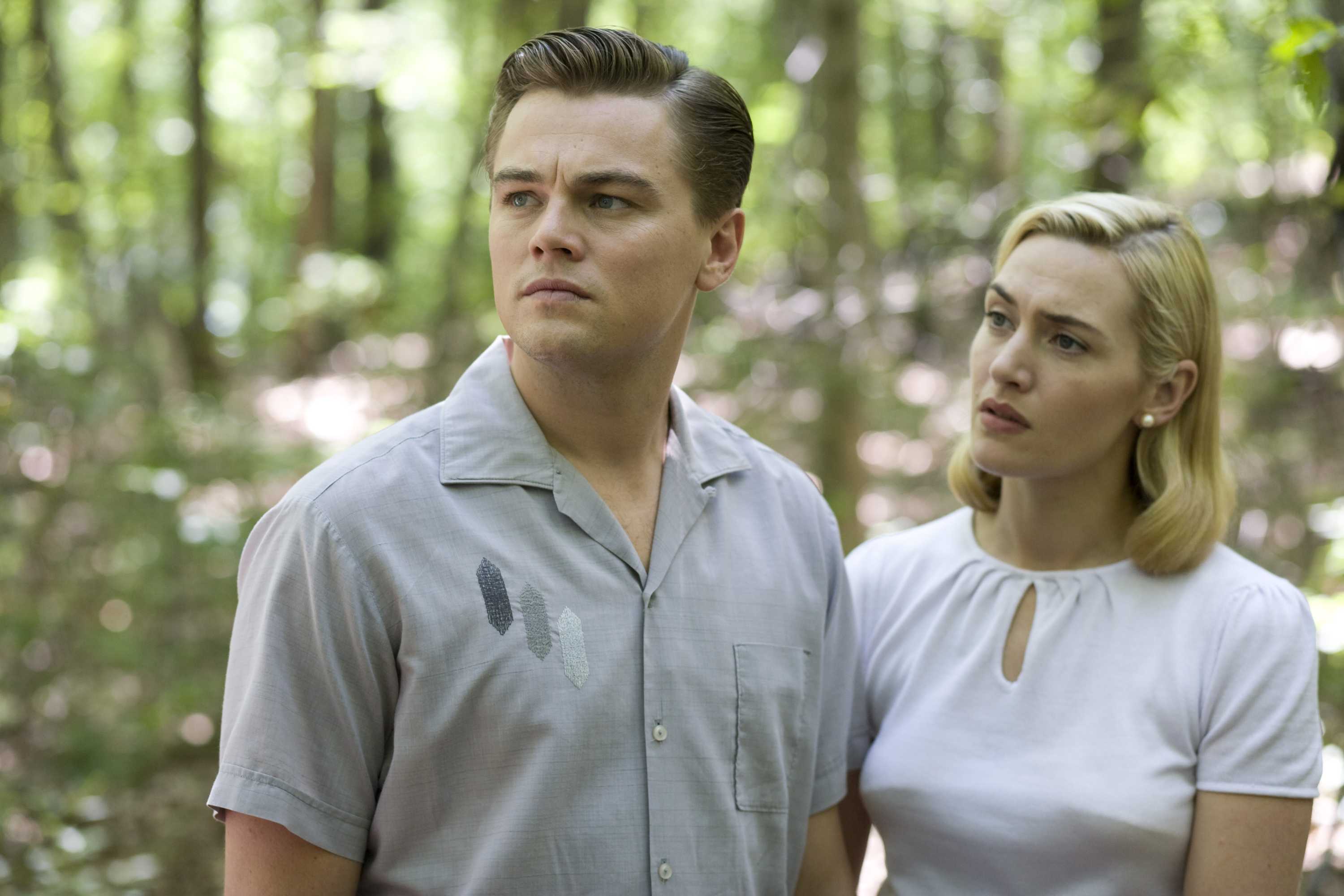"Revolutionary Road"
- 5 minutes read - 928 words

Going to see “Revolutionary Road” was an exercise in controlled discomfort. I knew what the subject was, how it invariably would end, and what the upshot would be. I also knew it would be a chance to see two great actors ply their craft: Leonardo DiCaprio and Kate Winslet are fine, emotional, and unafraid performers. The film, helmed by director Sam Mendes of “American Beauty” fame, rides like a Buick all over the “Suburban American Dream” with whitewall tires but does so in a clumsy and exploitative manner. Redeeming qualities of the movie are well-written argument scenes and the value of having a difficult mirror in which to examine one’s life.
This post has a light-spoiler warning: it’s not much you couldn’t have garnered from the trailer. For those who are going to see unaffected by any input shouldn’t read further.
Insufficient Motivation
The clumsy part of the film comes from an incompletely attentive editing of the screenplay. The critical decision of the movie is whether the couple and their young children will move to Paris. In the exposition, the writers establish Frank’s affinity for the place and April’s desire to simply see the world, Paris being a good start. The desire to depart has grown keener for April as the languishing-in-the-suburbs artiste. She believes the move will fulfill her, her husband, and give them a chance to live a life more richly realized: a place minus the workaday life, aprons, and dragging the tin trash cans to the curb-side.
If this is the eros insinct of the movie, the thanatoptic urge is husband Frank’s languishing in the proto-cubicle farms for a big business machine corporation in New York City. It’s established, even before the “shall we relocate?” question comes up, that Frank thinks working for Knox business machines is a joke and in no way taps into his true vocation.
But here’s the critical failing of the screenplay: We are never informed why Frank would, given his repeatedly-demonstrated abject disinterest in the company, set up staying at Knox as the opposite choice to the Parisian escape. We see no “Frank dreams of changing business” or “Frank’s dad tells him to never work for anyone because it drove him to drink and drove his mom away,” or “Frank, some day you should be a suit, run the show, my boy and you’ll not have a wreck of a life like I have” etc.
When April comes along and says “Let’s go to Paris,” I was entirely unsure as to why he wouldn’t just say “yes.” He brings up some cursory questions: What about money? We have 6 months savings, plus more if we sold the house. What about documents? April goes to the American Express office. What about long-term funding? April found a way to get a steady flow of cash working as a secretary for the UN.
Well. Uhm. Gee. Absent an attachment to the job, a mistress, the house, or a belief in The American Suburban Dream, I have no idea why there is any tension on this matter. The rest of the movie hinges entirely on this tension existing. Since it does not, the story fails to give us a reason for the scenes we see before us.
Mendes’ Blackmail
So, then the question is, how does the movie maintain itself? Emotional blackmail.
The movie’s first scene is not in the halcyon days of their early couple-hood; rather, it jumps straight into a Tennessee Williams-grade argument that explodes as yet another one of April’s dreams for herself dies. By jumping in here, and using lines that anyone in a long-term relationship will recognize having said or head, a proximity to the characters is established out of sheer emotional scale, stellar performances, and well-written argumentative dialog.
In this aspect the screenwriting is apt: the arguments, the lines of logic, the approaches, all of these ring awkwardly true to real life.
Therafter, the stellar performances of the leads keeps us interested, but the story doesn’t track us through their lives, as noted previously. The logic of several decisions doesn’t follow and I got the feeling that Mendes was setting me up for emotional identification, just to pull the rug out from under me. This is cheap, cheap, cheap.
Once the story fell apart I began watching just to watch these actors take on a series of painful acting sketches. It was like sitting in the audience at an actor’s workshop and watching two strangers try to spontaneously summon the acrimony and sadness that a stale marriage induces and seeing them, astoundingly, pull it off and awaken sharp emotions. See it for this reason.
Good Points
Both of the leads are among the finest actors of their generations, seeing them doing a series of mildly-connected, challenging acting shorts was immensely fascinating.
I also think that this movie captured, perfectly the terror of a really big fight with your partner. On the one sense you think “Dear God, simply get out of here, away from me, go away, you non-rational etc.” and then you hear the door shut, your wish granted, and abject terror settles in. Seeing this portrayed so well, and the shadow of fear in DiCaprio’s face was, for me, a perfect demonstration of the maxim “can’t live with ’em, can’t live without ’em.” I must give Mendes credit here: he can really direct a 30-second bit.
Lastly, the dialog as you leave the theatre is fascinating. Maybe Mendes deserves some leniency for making this overheard dialog happen:
“Wow, that makes you ask a lot of questions”